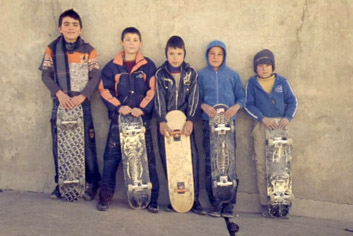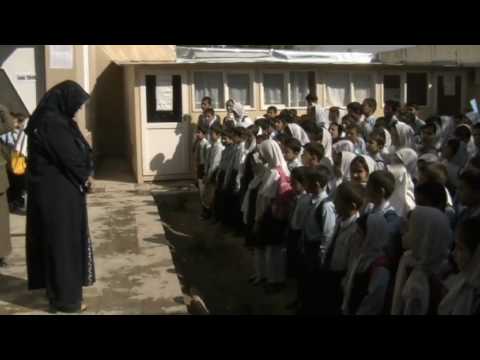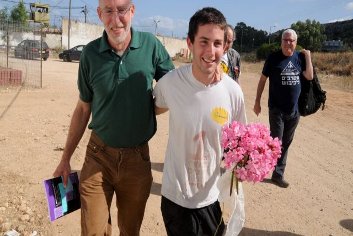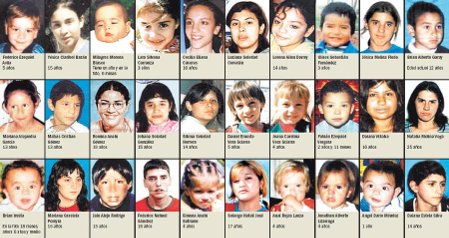
Third sector work is influenced by many different theories of practice to guide and shape the way we work. We do this because the nature of the work has us working with people at some of the most vulnerable times in their lives. Times where people are managing life threatening issues, highly complex human crisis and/or are dealing with significant levels of trauma.
Being mindful of this we build programs and services that recognize, support, nurture, include, value and build upon people’s strengths and resilience in the hope that they may overcome the issues before them. Working and offering support in these environments can be difficult and the efforts of those offering assistance are commendable, especially as they are constantly engaging in an empathetic manner with people experiencing trauma and tragedy.
Research into the effects of working with trauma has noted that vicarious trauma and compassion fatigue occurs as a result of this type of working environment. Pearlman and Saakvitne describe vicarious traumatisation as ‘…the transformation in the inner experience of the therapist [caregiver, social worker etc] that comes about as a result of empathic engagement with clients’ trauma material’ (1995, p.p. 31). This transformation is an important reminder that as humans we are affected by what we exposed to and that we are not as stoical as we wish to believe.
Further to this a ‘Formal caregiver’s reduced capacity or interest in being empathic or “bearing the suffering of clients” and is “the natural consequent behaviors and emotions resulting from knowing about a traumatizing event experienced or suffered by a person” is how compassion fatigue is defined (Adams, Boscariono, Joseph and Figley, as cited in Figley, 1995, p.p. 7). When we accept the natural consequence of trauma work we accept that we are affected by the world we are exposed to and that we can exhibit similar responses to the people we assist. I don’t see these natural consequences raising concerns or stirring fear but rather an opportunity to rethink the relationship of our work and ask, how are we supporting those who are supporting others?
Reference List
Adams, R. E., Boscarino, J. A., & Figley, C. R. (2006). Compassion fatigue and psychological distress among social workers: A validation study. American Journal of Orthopsychiatry, 76(1), 103-108. Retrieved from, https://www.ncbi.nlm.nih.gov/pmc/articles/PMC2699394/
Figley, R.C. (1995). Compassion Fatigue: Coping with Secondary Traumatic Stress Disorder in those who treat the traumatized. New York: Routledge, Taylor & Francis Group.
Pearlman, L.A., & Saakvitne, K.W. (1995). Trauma and the Therapist, Countertransference and Vicarious Traumatization in Psychotherapy with Incest Survivors. New York: W.W. Norton & Company Ltd.










